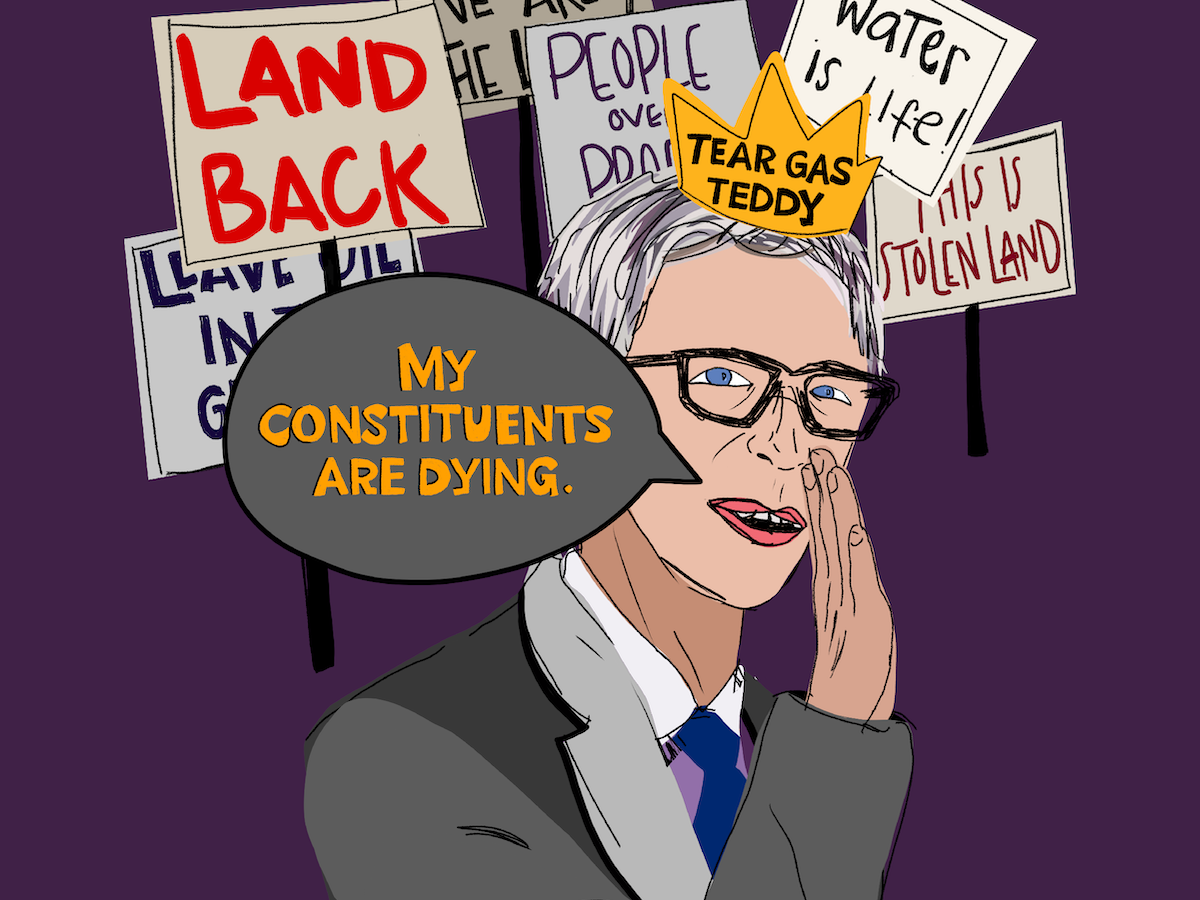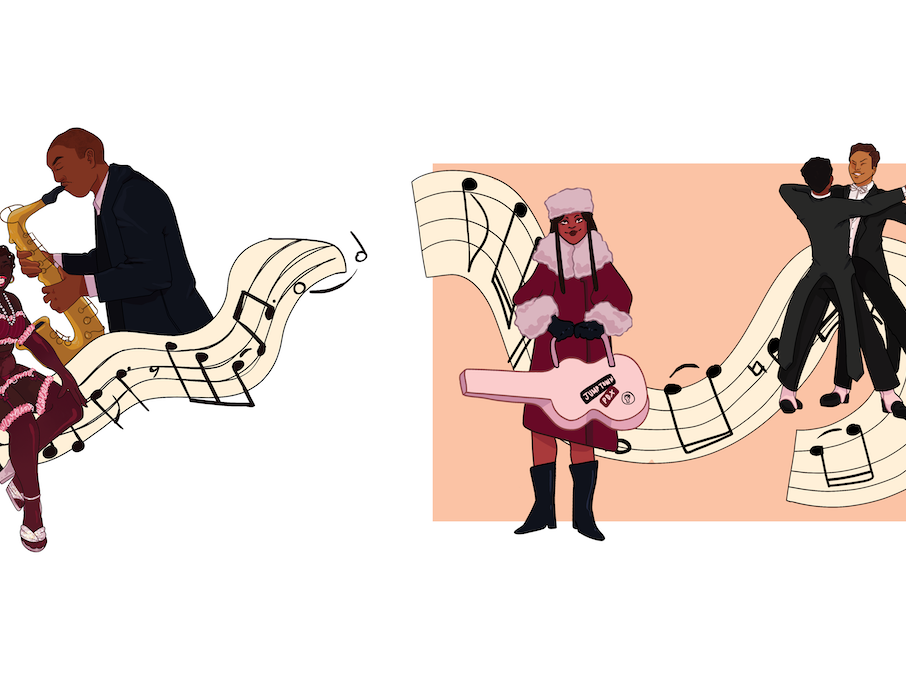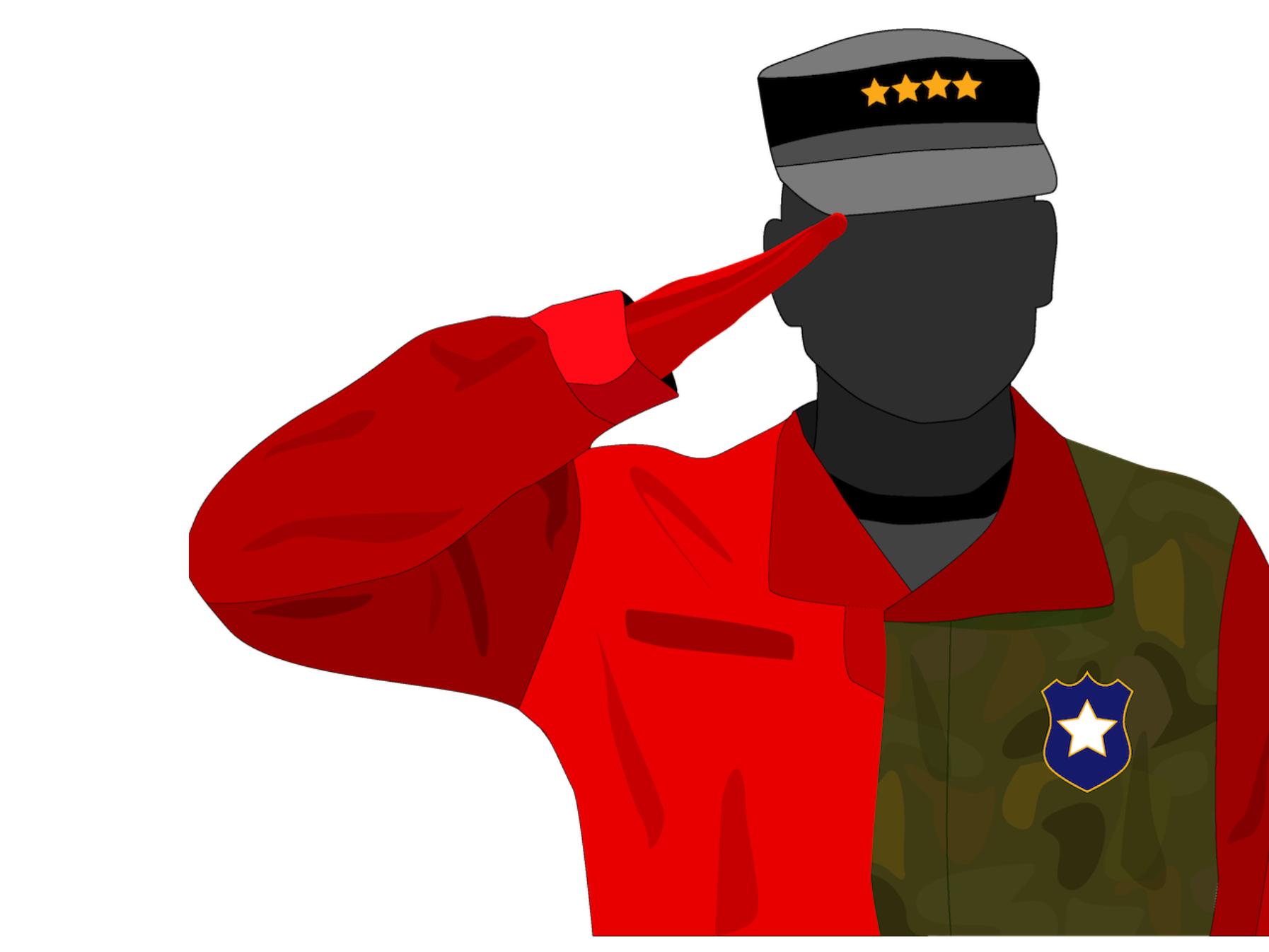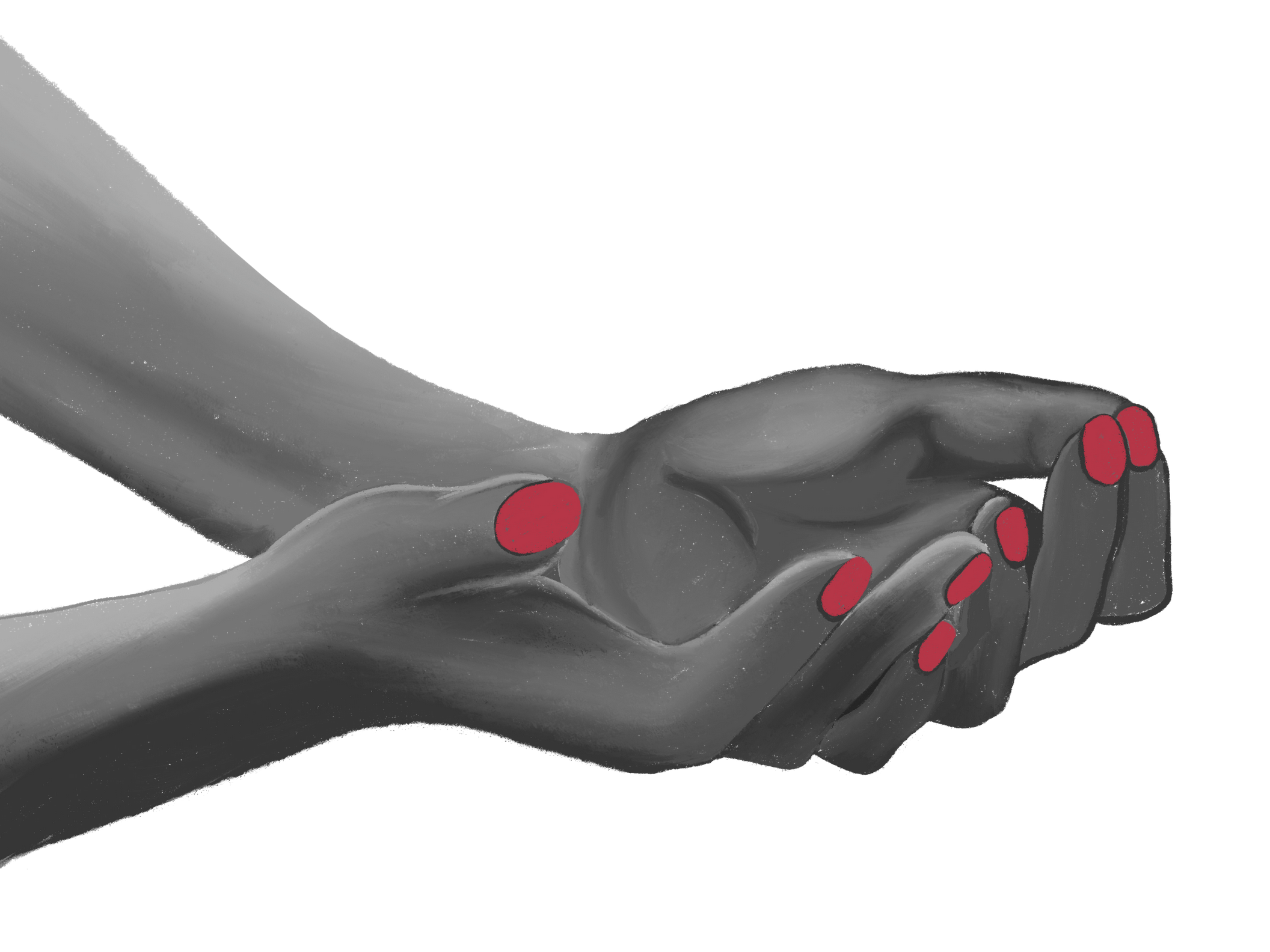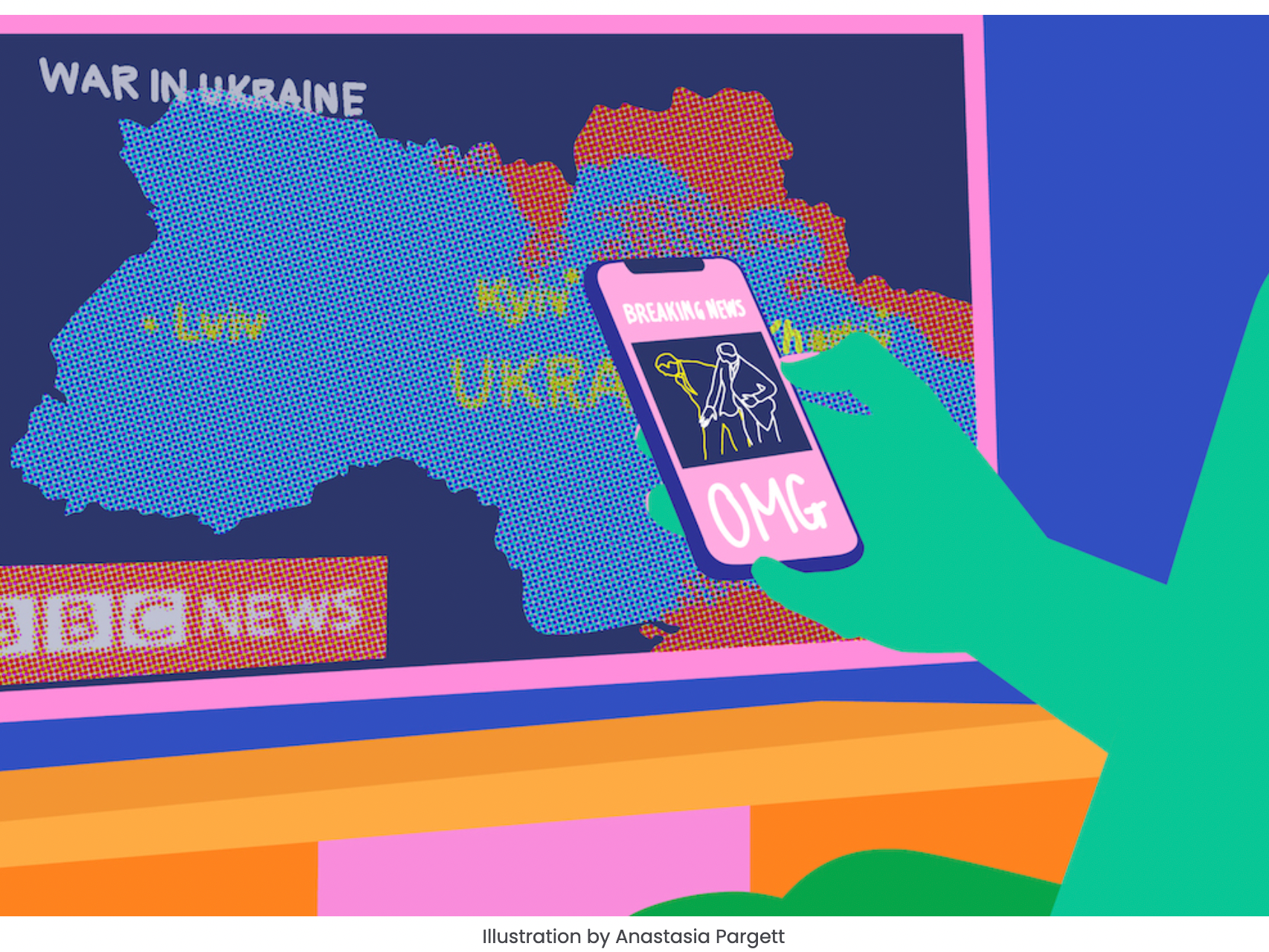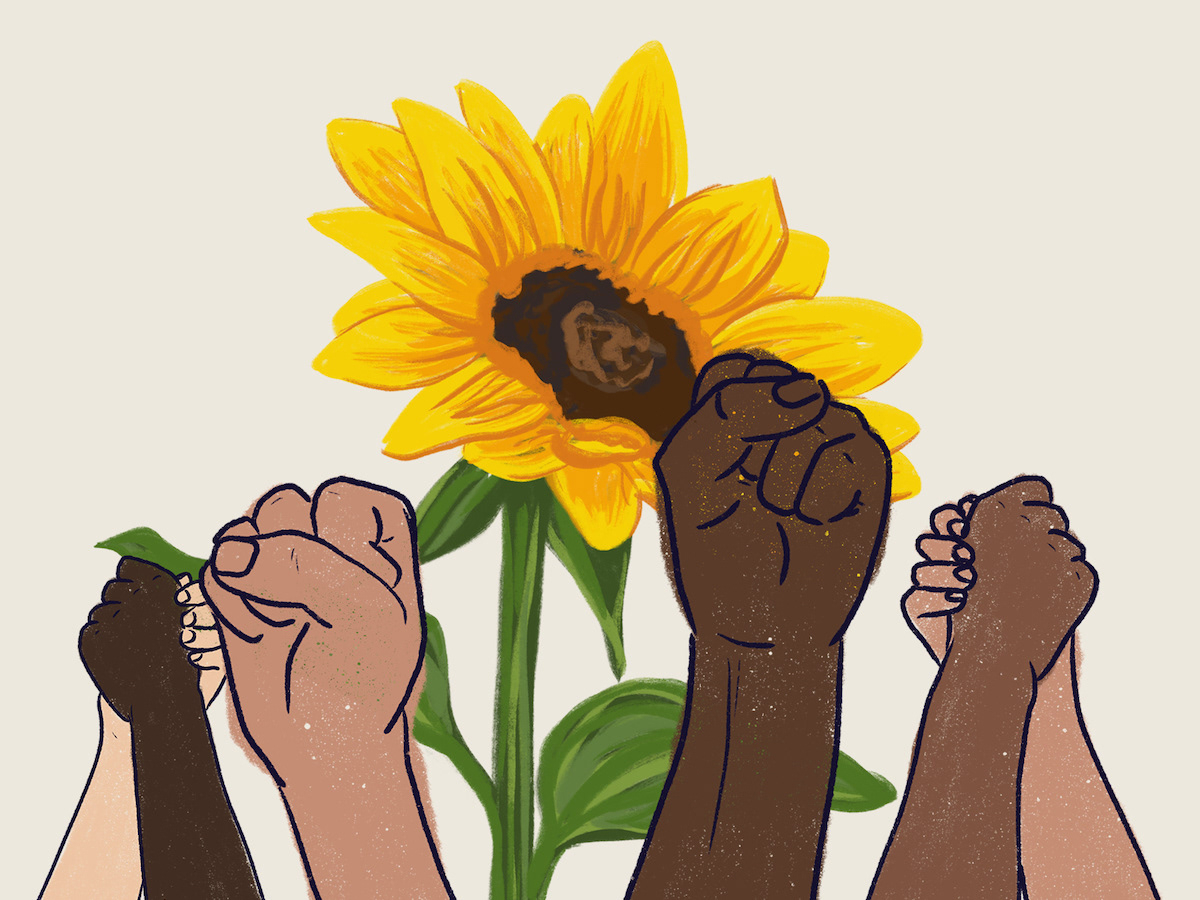As the costs of living and housing have surged, so has endemic houselessness leading to encampments all across the city of Portland. When the COVID-19 pandemic shuttered entire commercial districts, the city—and especially downtown—started to look like the post-apocalyptic set of an ‘80s movie.
The powerful and long overdue uprising for Black lives and police accountability in the wake of the police murder of George Floyd spurred over 100 continuous days of civil disobediance and protest, leading city leaders to promise budget cuts to the Portland Police. However, Mayor Ted Wheeler walked back on the promise instead with a police budget increase, citing an alarming record-high 72 homicides in Portland during 2020.
In this context, a mysterious new political group calling itself People for Portland emerged. Billboards and other print advertisements are popping up across the city, as are television ads decrying local leaders for failing the city— and asking for funding for more police officers.
Upon visiting the organization’s website, a pop-up window immediately prompts the viewer to send a message to the Portland City Council. The organizer even conveniently writes a message, so that all the sender has to do is input their name, email and address.
The burning question is: who are these people? People for Portland is set up with the tax designation of a 501(c)(4) social welfare organization, which allows them to keep donors secret as long as they don’t explicitly endorse candidates running in an election. This also means that contributions by donors are not tax-deductible.
As such, the organization appointed two political consultants, Dan Lavey and Kevin Looper—who also happen to be wealthy white men—as the public faces. Being awash in dark money and led by political insiders, the optics that they are truly the voice of Portland are not great, as they are well aware.
But that is the extent of public knowledge behind the campaign. On the website, People for Portland highlight ending unsheltered homelessness, safe streets and neighborhoods, accountability and justice for everyone—with cleanliness, pride and economic vitality as their primary aims.
Expanding upon the plight of our houseless neighbors, the website states a wish to “transition homeless Portlanders from inhumane, dangerous camps to safe, sanitary temporary housing solutions with access to mental health and addiction services.” These are admirable aims but it is noteworthy that they emphasize cleanliness and economic vitality.
However, they disparage the encampments themselves, which are a public symptom of our society’s willful neglect of the human right to have a home and to simply exist. Their decision to use the wording that housing solutions be temporary is troubling. Many studies have shown that permanent housing increases the stability and likelihood of remaining housed, and that it would cost “up to $23,000 less per consumer per year than a shelter program,” according to the National Alliance to End Homelessness.
On their website, People for Portland decried the surge in violence on city streets during the pandemic and the “small groups inflicting property damage and violence” at protests, and made the proposal to add 300 more police officers and increase the Portland Police Bureau’s funding. The organization made some concessions by including the widely-held public demand for community oversight and increased police accountability through body cameras, but the crux of their message is pretty clear.
These might as well be the talking points of the notoriously conservative Portland Business Alliance (PBA). They have been at the helm of such policies as the Sit-Lie Ordinance of 2007—which essentially banned houseless people from the city center until it was scrapped—and the designation of the Downtown Enhanced Service District. This area of Portland is undemocratically administered by its own private security patrols—Portland Patrol and Central City Concern—and overseen by Clean & Safe, a nonprofit with no community oversight which essentially created an area of the city with its own private police and government.
To say that the PBA has been a discreetly powerful lobby is an understatement, especially with the interests of the wealthy and the preservation of the classist and racist “tough on crime” status quo. They strategically supported and bolstered Wheeler when he was trailing his competitor Sarah Iannarone in the 2020 election, precisely for her endorsement of defunding the police. Before that, the PBA supported him in 2016 when his opponent Jules Bailey was running on a promise to raise the corporate tax rate.
Additionally, the PBA recently hosted a conference advocating for at least 200 new police officers, called “Portland at a crossroads: Is crime the new normal?”
It appears that the motivations and messaging from the PBA, Wheeler and the People for Portland campaign dovetail harmoniously. They all advocate for a return to business as usual, and emphasize the damage done to Portland’s reputation and brand. Each professes to care about the tragedy endured by our houseless neighbors, but very much pine for a return to their previous status of out-of-sight, out-of-mind. This is a common sentiment among NIMBYs—meaning not in my backyard—a term for referring to people who are opposed to unappealing changes to their community, but meant in a derogatory way.
Most ominously, all three lean into tough-on-crime tropes, arguing for increased police budgets and enforcement, a severe rollback from the progressive high-water mark in 2020 of the racial justice and police accountability movements.
This is not to say that People for Portland are explicitly funded by or acting as a conduit for Wheeler or the PBA, but the obscurification of their source of funding leaves these open as possibilities. We should all be critically engaging with the political messaging we encounter, especially when it is backed by millions of dollars and the donors are veiled in secrecy.
One of their billboards calls to the viewer to remember when Portland was known for donuts, food carts and the airport carpet. While this messaging is effective in invoking the kitsch and cutesy charm of the Portland brand, the COVID-19 pandemic and the George Floyd uprising unveiled brutal and painful truths about life in the United States, and Portland in particular.
The resonance of systemic murders by the police—locally those of Jason Washington, Keaton Otis, Aaron Campbell, James Chasse, Kendra James and many others—and their brutality towards protestors all throughout 2020 sharply contrasts with the department’s sympathetic hands-off approach to Proud Boys and white nationalists, and only amplified the importance of a massive reckoning.
All of these societal ills predate the pandemic and the uprising. They are as urgent now as they were before the pandemic ripped open our collective consciousness. In order to be the real people for Portland, it must be a Portland that continues to shine the light on systemic injustice, a Portland that confronts our racist city history and makes reparations, a Portland that houses all of its community members because we have the resources and the compassionate will to do so, a Portland that prioritizes people and the quality of the lives that they lead.
Our Portland is not funded by secret donors who want to return to normal, whatever that may be. Our Portland is bravely marching into the future, redressing the grievances of yesterday and today.

